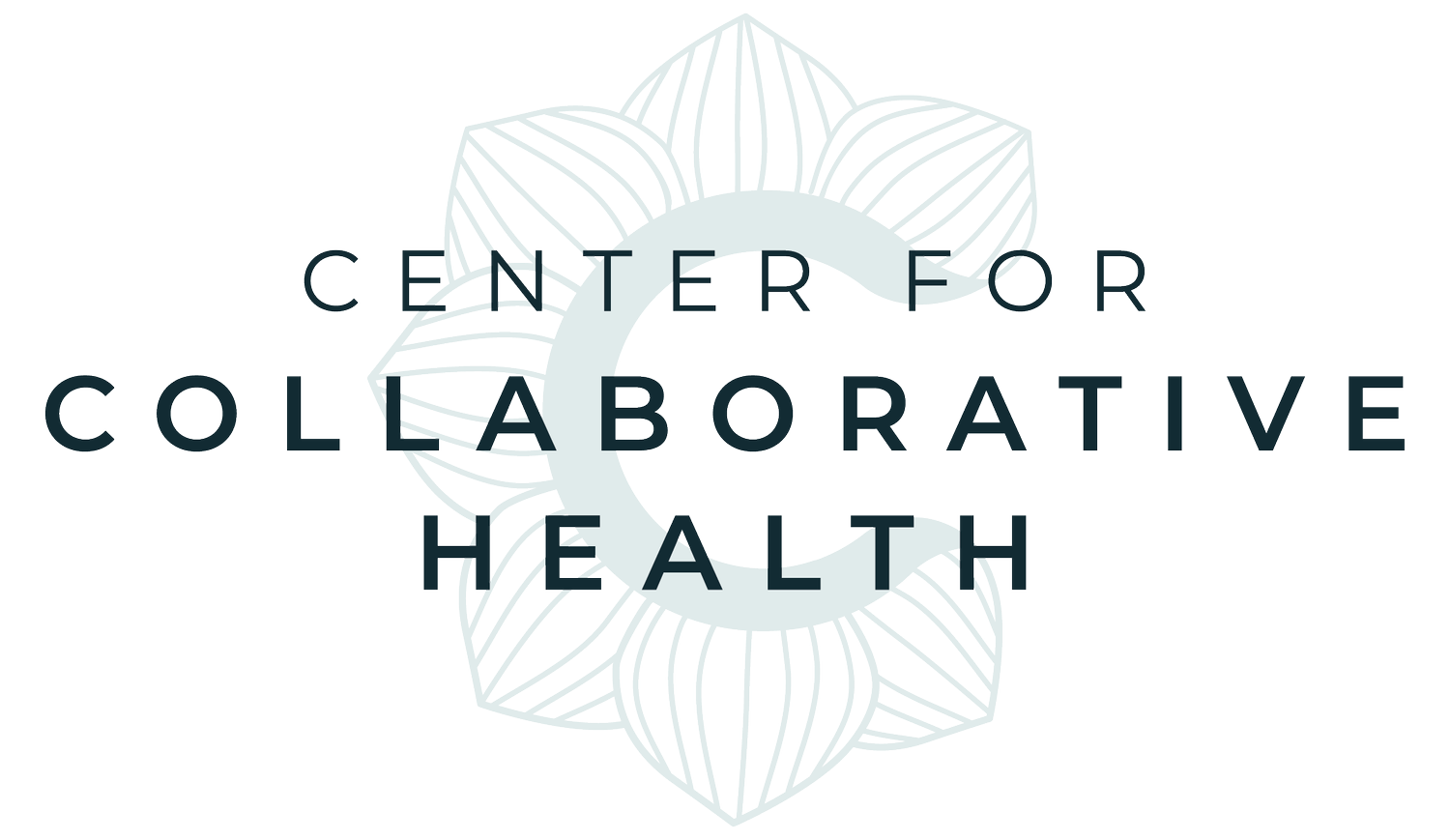Springing into New Habits
Nutrition recommendations from social media or news outlets can be problematic and harmful. They are often filled with scare tactics and clickbait articles that leave people feeling bad about themselves or more confused about how to nourish their bodies.
Here are 5 things to help you feel more confident in your ability to eat in a way that feels good to you.
Nutrition is not one size fits all. The human population contains a wide variety of individuals with different needs and preferences. Rather than basing your goals off of someone else, explore what your body wants and needs. What is your body telling you in regards to hunger and fullness cues? Do your current eating behaviors align with your values? Is eating joyful? What anxieties do you have around food? What prevents you from eating how you want to? Are your needs being met?
Focus on foods you can ADD, not foods to restrict. Denying ourselves food doesn’t help us have a balanced or neutral relationship with that food. While increasing variety increases the amount of different nutrients that your body is getting. In what ways can you increase the variety at meals or snack time? Is there something new you would like to try? Is there something you are avoiding eating? Are there food groups that you are missing? Is there something you could add to make meals more enjoyable?
Remember to have self-compassion. No one is 100% in control of their health. Healthism is a term used to describe the misconception that illness and disability can be avoided or cured by eating the “right” foods and exercising a specific way. In reality, many factors contribute to the development of illness or chronic conditions. There is no perfect way to eat that guarantees to prevent your body from normal human experiences like illness, disease, aging. So be gentle with yourself. If you have a handful of nutrition goals and some days you hit them all and some days you don’t, that is 100% okay. Hyperbolizing the role of nutrition and exercise in health and wellbeing often leads to a disordered relationship with food or obsessive exercise behaviors. Both of which are harmful to your physical and mental wellbeing.
Stop demonizing foods. Food is food. It’s not morally superior to eat one way or another. Instead of making food choices based on what’s “healthy vs unhealthy” or “good vs bad” consider your own preferences and needs. Does it make sense to feed your family with shelf stable foods with added vitamins and minerals? Wonderful! Are there foods that are specific to your culture or family traditions? Great! Do you need something quick and easy on the go? Sounds delicious! Judgements about our food choices leave people feeling guilty or shameful about eating and increases the likelihood of disordered eating behaviors.
Weight is not a marker of progress. Your weight does not determine your health and size diversity is a normal part of the human population. You DO NOT need to shrink yourself or change your body shape to improve your wellbeing. Explore individual markers of progress that do not include weight. How does nutrition contribute to your quality of life? What behaviors are you engaging in? Do you have more energy? What is your sleep quality like? Is there room to reduce anxiety or stress related to food? How can you live your life more deliciously?
Just remember:
You deserve to have your nutrition needs met fully and consistently.
You deserve to nourish your body in a way that feels good to you and makes you feel joy and satisfaction.

